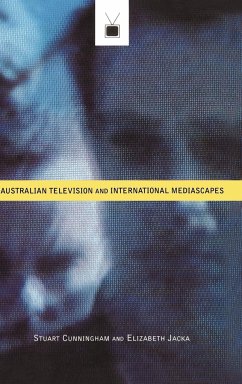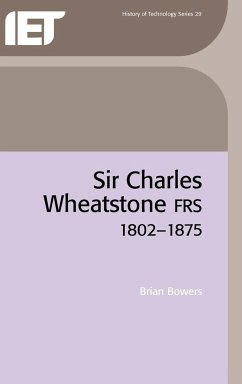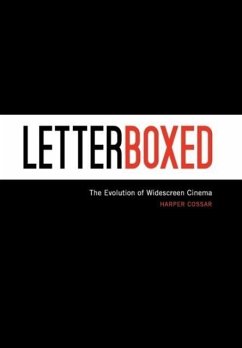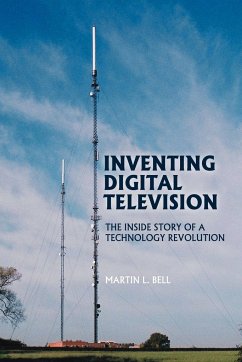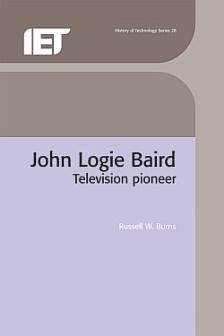
Russell W. Burns
Gebundenes Buch
John Logie Baird: Television Pioneer
Versandkostenfrei!
Versandfertig in über 4 Wochen

PAYBACK Punkte
69 °P sammeln!




This is a balanced biography of one of the 20th Century's outstanding inventors, published to coincide with the 75th anniversary of Baird's first public demonstration of a rudimentary television system.
Russell W. Burns graduated from the University of Durham in 1948 with a first class honours degree in physics. Following post-graduate research he joined the Royal Naval Scientific Service in 1952. Professor Burns subsequently held various appointments in higher education in the UK and abroad, obtaining his PhD from the University of Leicester in 1976, and retired in 1989. He has been researching and writing on the history of electrical engineering for more than 30 years. He was awarded the IEE's SET Divisional Board Premium in 1993 and shared the Maxwell Premium in 1994. An IEE Fellow, Professor Burns is a past chairman of the IEE's History of Technology professional group, Archives Committee and Science Education and Technology Divisional Board.
Produktdetails
- History and Management of Tech
- Verlag: Institution of Engineering & Technology
- Seitenzahl: 433
- Erscheinungstermin: Juni 2000
- Englisch
- Abmessung: 239mm x 155mm x 28mm
- Gewicht: 771g
- ISBN-13: 9780852967973
- ISBN-10: 0852967977
- Artikelnr.: 40187989
Herstellerkennzeichnung
Libri GmbH
Europaallee 1
36244 Bad Hersfeld
gpsr@libri.de
Für dieses Produkt wurde noch keine Bewertung abgegeben. Wir würden uns sehr freuen, wenn du die erste Bewertung schreibst!
Eine Bewertung schreiben
Eine Bewertung schreiben
Andere Kunden interessierten sich für



